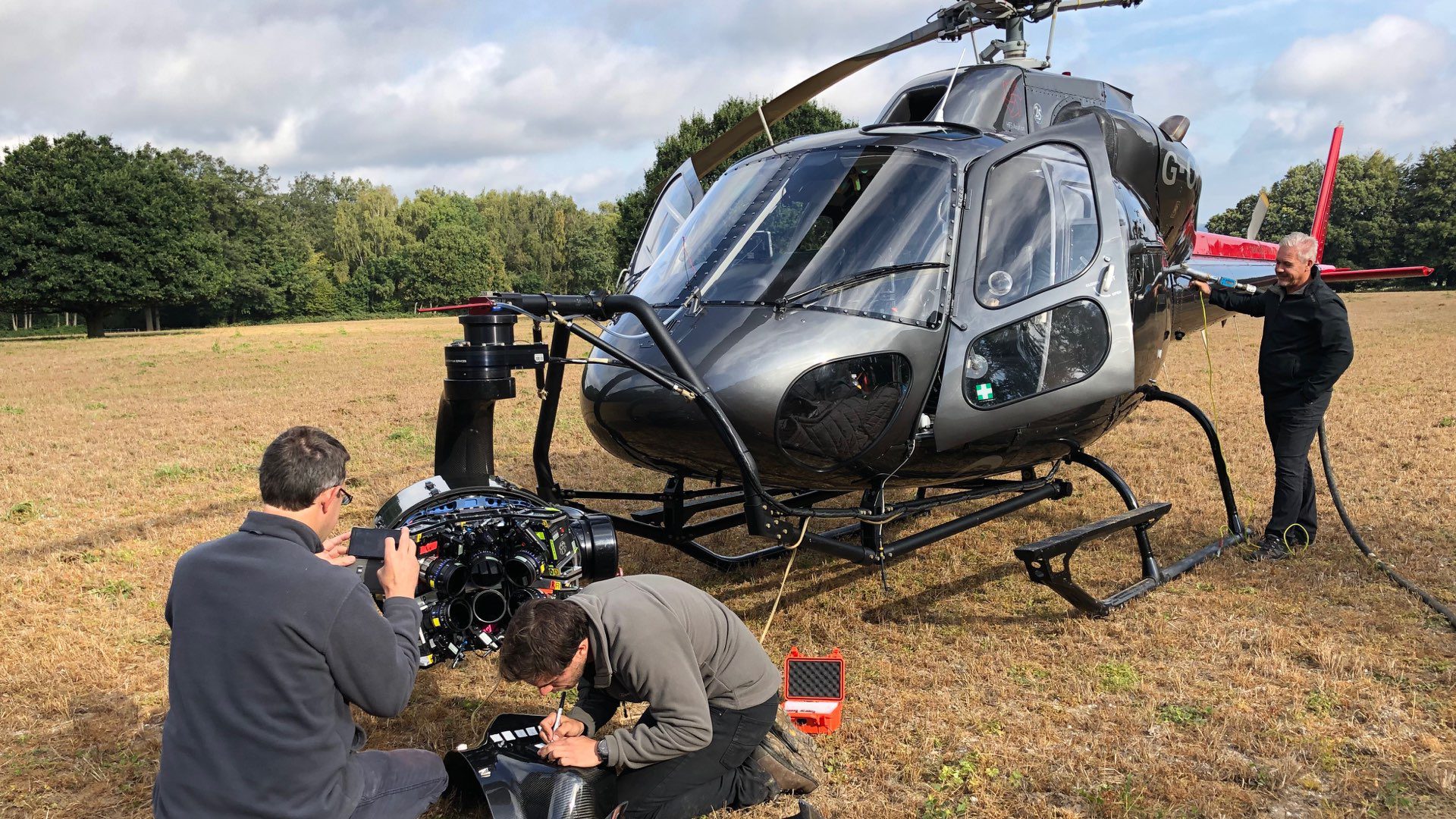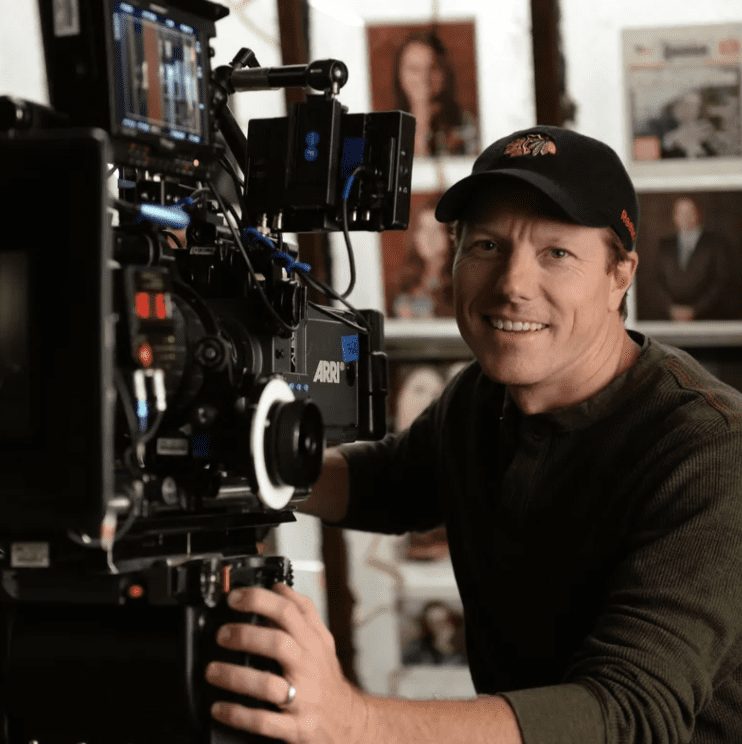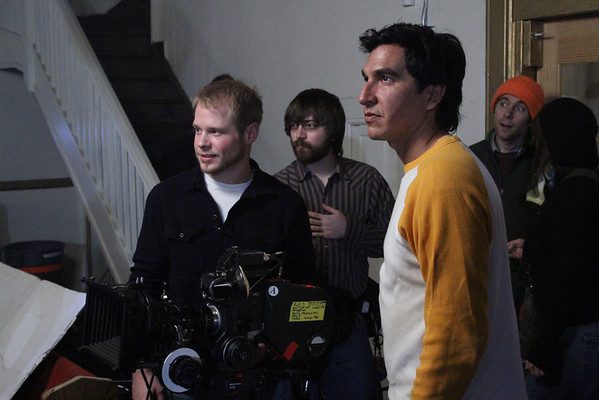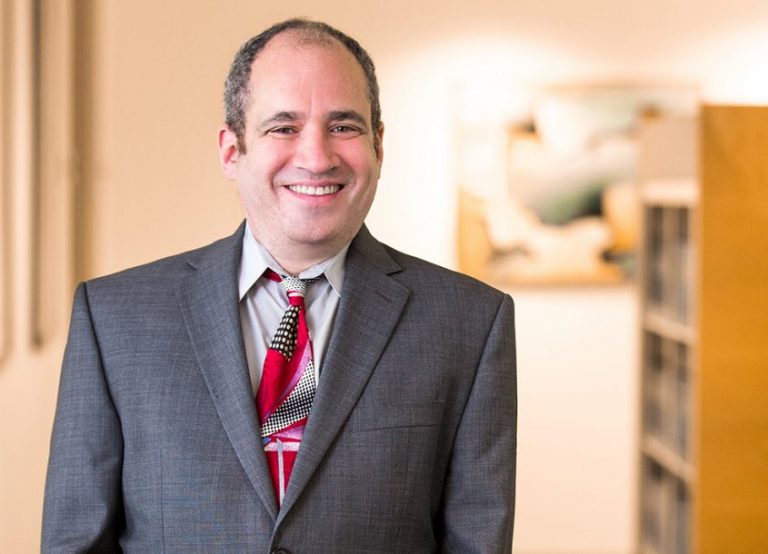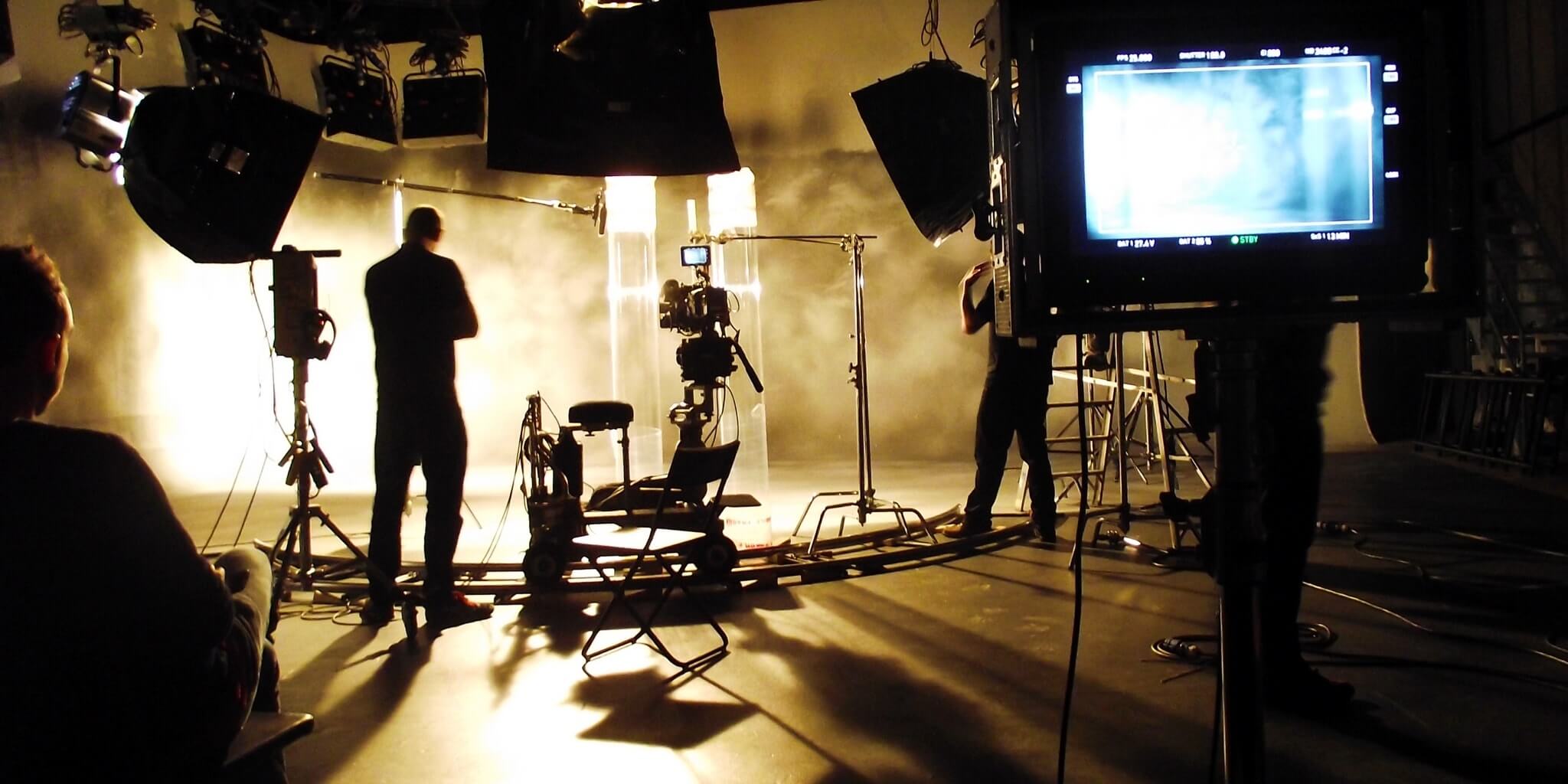I started this business with my brother. I would bring the technical side: build the servers, architect, and build the application. I’d make it to enterprise-scale, robust enough to take on the entire market at once.
He’d run the corporate side and the marketing. Filings, tax returns, and sell it to the entertainment industry.
Well, it didn’t quite work out that way. We got the application built, and we colocated at One Wilshire. We did it in 36 months at the cost of about $100k instead of using a typical development approach that would have taken six months and nearly three million dollars.
There was nothing left over for a marketing budget, and we tried to bootstrap the effort to promote it.
My brother personally visited just about every college campus on the East Coast, just himself. He tried pasting up flyers, connecting with industry leaders, sponsoring film screenings. He tried everything he knew how to do in terms of industry reach-out.
When I realized the effort was failing and that he wasn’t going to achieve his end of the deal, that’s when I went hands-on with a doomed attempt to save the project.
We started publishing. Original editorial content, we brought in guest authors and partner publishers, we began to outbound syndicate job postings, user-generated content, all of it went into syndication.
I aggregated 75,000 followers on Twitter and started syndicating a drum-beat of content to every other place on social media where we could establish a toe-hold.
I made the tragic mistake of allowing my brother to talk me into engaging in scope creep on the build. This mistake put me in the unenviable position of holding down a full-time job at a tier-one ad agency while simultaneously working evenings and weekends to market the project myself while scope-creeping the build.
But it wasn’t entirely unsuccessful.
Thousands of people signed up from 60 countries and all 50 US States. However, it just wasn’t enough to make the business itself sustainable.
That went on for years, with slow incremental growth and low industry adaptation.
However, I spent a lot of time sharpening my marketing skills. I spent a lot of time learning to understand offers, conversion tactics, funnel improvements, split testing, buyer psychology, the power of content syndication and data fungibility, how to structure communications, how to architect advertising, all of it.
In the end, I finally had to realize and acknowledge that it was all a sunken cost fallacy.
So, I left the agency because representing Nestle had become a mind-numbing soulless time-sink. I kept nursing Actors & Crew along for a while because, while doomed to fail, it was still my baby, and then I jumped into the music business in LA with both feet.
Since then, I’ve never made the mistake of trying to market without a budget, but I wouldn’t trade the experience of having done it for anything.



